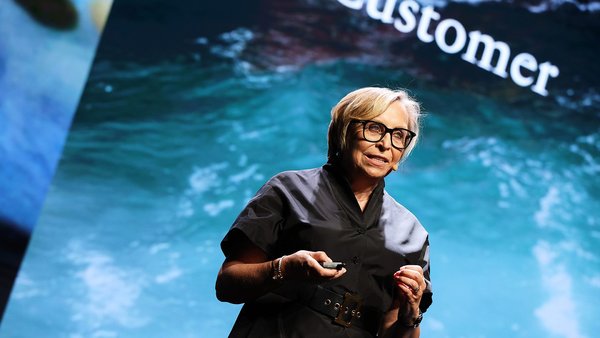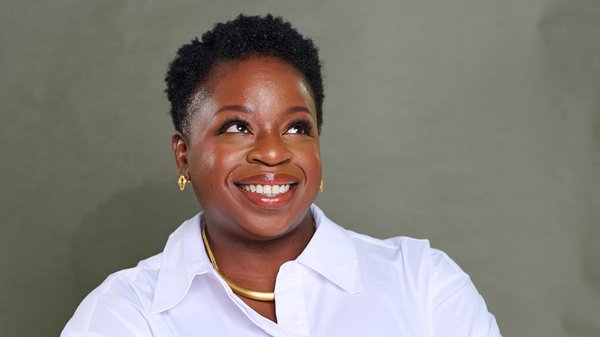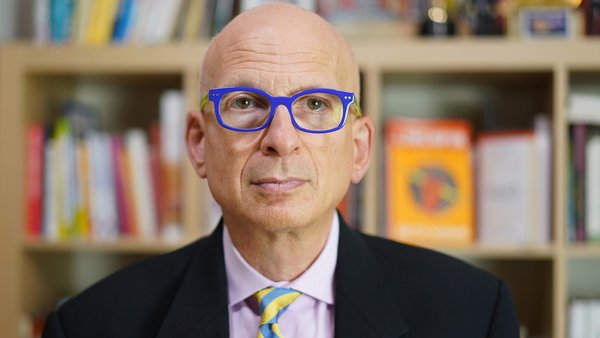Nargis Pirani’s Strategy Diet /
Tips and techniques from advertising’s top strategists
James Swift
/
Have you ever wanted to know what the ad industry’s sharpest strategists feed their brains on a daily basis, or what resources they swear by when tackling a brief?
We have. So we’re asking.
Nargis Pirani has worked in strategy for almost two decades and is VP, group strategic planning director at RPA in Los Angeles. She has helped develop strategies for brands including Farmers Insurance, Dr Pepper and Honda.
What media do you consume that makes you better at your job or helps you think about strategy generally?
Anything that helps me stay curious and keeps me well-rounded. With a two-hour daily commute (in the before-times), I’ve gotten hooked on podcasts. There are so many great ones out there that can bring you inspiration from unexpected places. It’s the random knowledge and stories that tend to pop up in your mind and lead you to think in a different way, or find a new path to connect with a person or a problem. The Daily, Hidden Brain, Reply All and Ted Radio Hour are regulars for me, and I’ll check out Recode or Pivot occasionally.
I’d also be lost without all great newsletters out there – a smattering of information from different POVs and industries delivered directly to my inbox? Best way to kick off each day. I think the important thing is to continually refresh what you’re consuming, so you’re not getting stuck in one perspective.
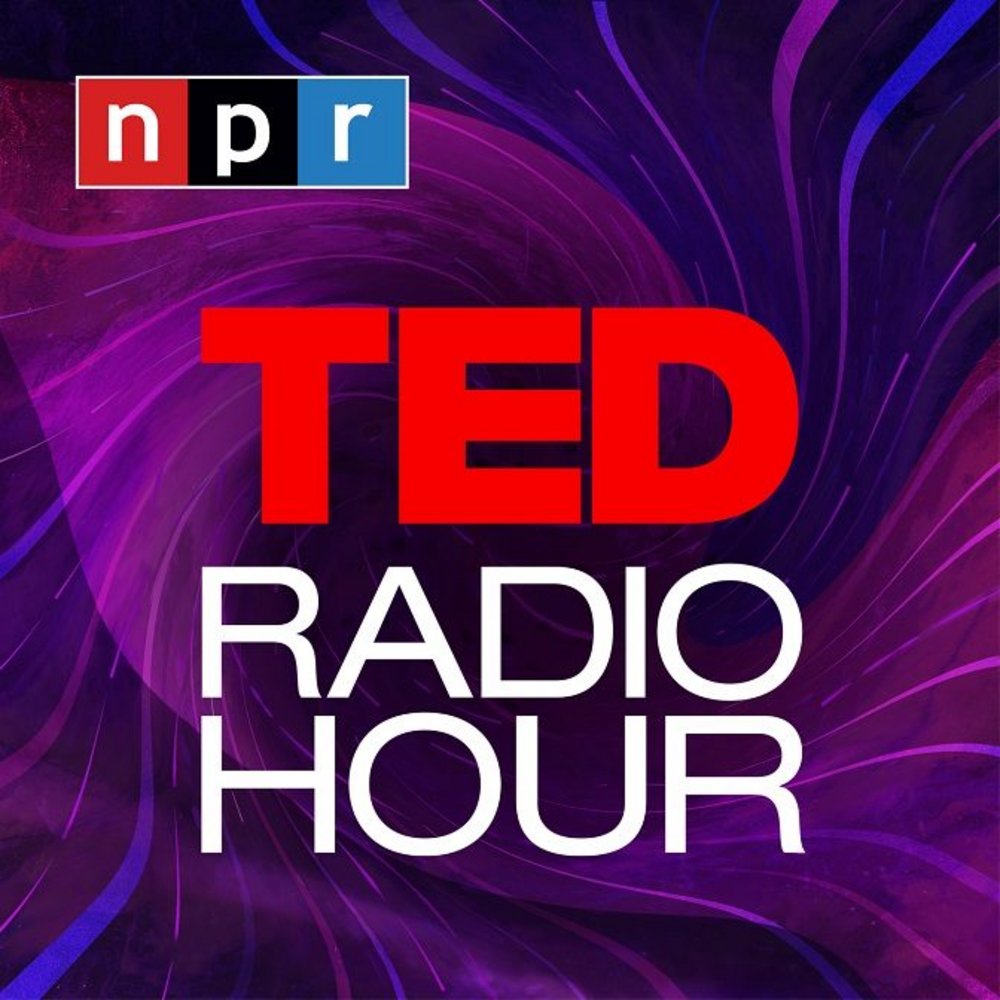
Are there any resources that you typically turn to first when working on a brief?
It’s a combination of understanding both the business side and the consumer side of the problem. What that looks like depends on the brief itself, but in general I’ll start with category and brand information. Poring through any available research, understanding who is gaining or losing share and why, looking into trends across category and adjacent categories. Pew, McKinsey, Statista, The Atlantic, among many others, are great resources. Related white papers and case studies can be really helpful to get up to speed on something new. I look to identify the simple root of the problem, but also a different angle or way to reframe it.
Once I feel grounded in all of this, it’s about understanding the human side of things. Talking to people – shoppers, experts, the people who sell the product or tackle the customer complaints. Reading through comment sections and reviews, and getting a quick feel of sentiment and perceptions through social can also be really interesting.
Is there anyone or any resource that you think strategists rely on too much that is counterproductive?
In general, only relying on sources that align with and reinforce your own POV. It prevents you from connecting with and understanding issues, perspectives and people outside your own bubble. That’s why it’s so important to seek out diverse opinions, news and data.
What do you think is the most underused resource for better strategy?
Our own guts and real-life experience.
All of the data, analysis and exploration I mention above is critical, but in the end we strategists can sometimes over analyze and overthink, which can lead to overcomplication. We need to gain expertise and a clear understanding of the business issue and combine that with our own intuition, which will often tell us that the simplest answer is the right answer.
And there’s no substitute for real-life experience. Watch people shop – listen in on conversations and observe body language. Get out there and try the product – buy the bag of chips, test-drive the car, go through the process your audience goes through.

Photo by Ryan Quintal on Unsplash
Is there anywhere you go when you’re struggling with a brief or a place that seems to help you work or think?
If I’m writing a brief or a presentation and I’m stuck, I like to go outside in the fresh air (well, as fresh as it gets in LA!) and work in an area surrounded by greenery. If I’m stuck on a problem and I’m not sure how to go about it, I like to head to a whiteboard and map out all the different insights and paths I can take. This helps me break out of linear thinking and moving around gets the juices flowing.
Office etiquette: music or no music?
After spending the past year at home with my two remote-schooling, elementary-aged boys, I value complete silence more than anything.
What’s the best free resource for a strategist?
Other strategists! We’re all fortunate enough to work with some really smart people – and more often than not someone in your network will have tackled a similar problem, worked on a competitive brand or have experience in the category. Getting a different brain on a question, brief or research project can open up a new angle, help you find a new tension and just help you think of things from a fresh perspective. Our fellow strategists are a great resource, usually happy to help, and part of what makes the job fun.
What sort of media/resources would you recommend to someone just starting their career as a strategist?
When I was starting out, Jon Steel, Malcolm Gladwell and Daniel Kahneman were all must-reads. In addition, there are a lot of great resources today, like the APG and Planning Dirty Academy, which have a lot of helpful free information. Mark Pollard’s podcast is a good place to start—it has some really great foundational conversations and timely discussions. The public library is a great place to get free subscriptions to many major news publications. And beyond that, I’d recommend reading, listening and diving into anything that captures your attention and interest.
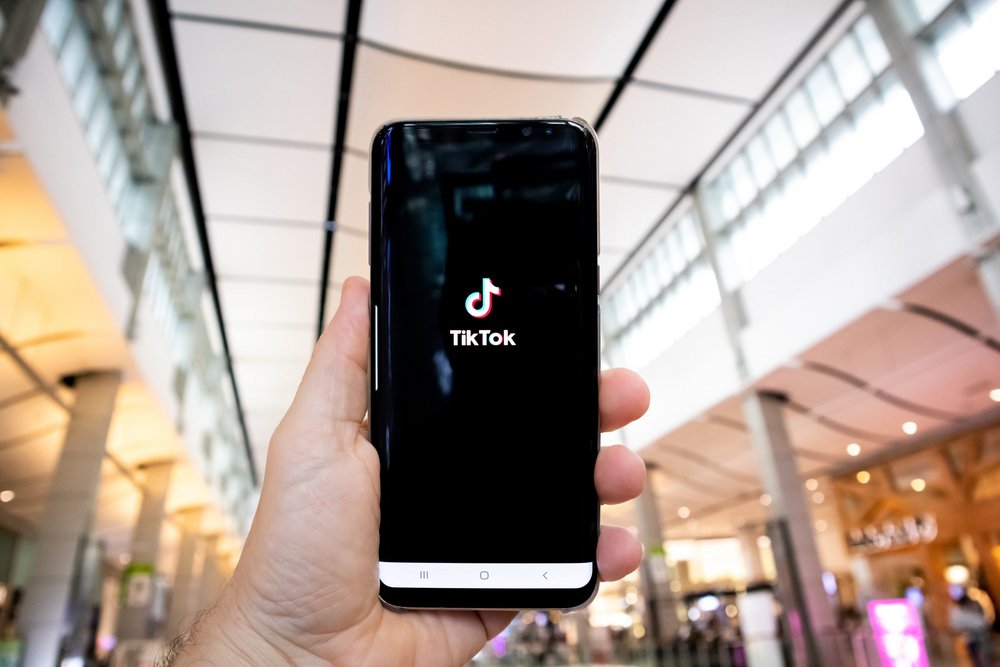
Photo by Olivier Bergeron on Unsplash
What’s something that happened in pop culture that showed a better understanding of people than advertising?
Almost everything in pop culture shows a better understanding of people. Take a look at the various successful multicultural entertainment franchises that show people want to see diversity and real life reflected back to them in some way, while advertising still has some catching up to do in terms of representation. Or… just about anything on TikTok.
Want more of the same? /
We don’t just write about best-in-class campaigns, interviews and trends. Our Members also receive access to briefings, online training, webinars, live events and much more.

